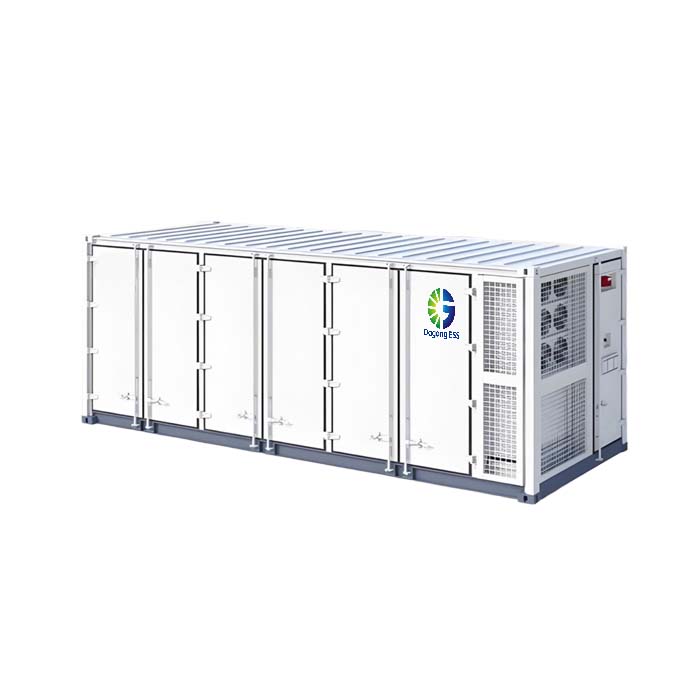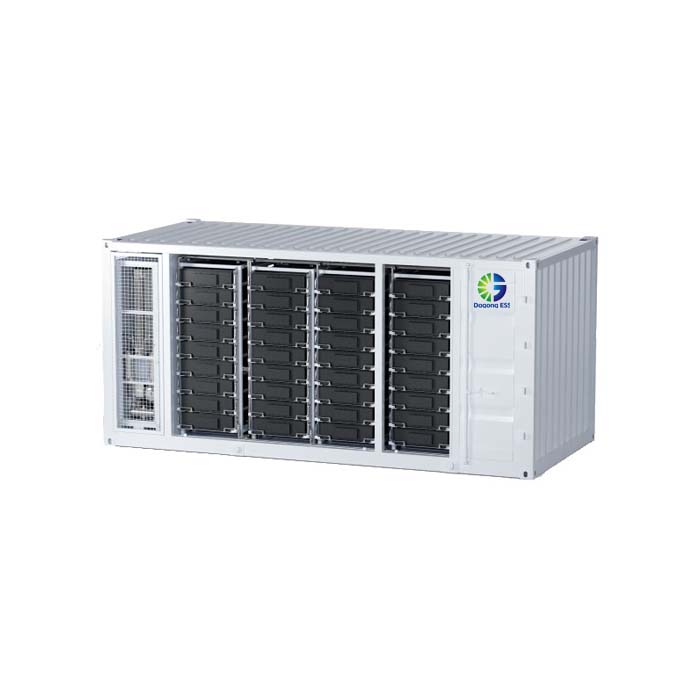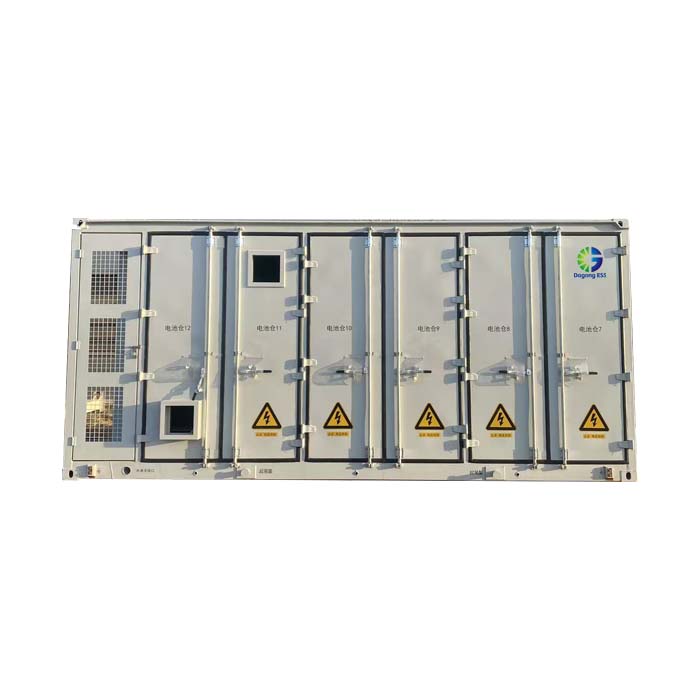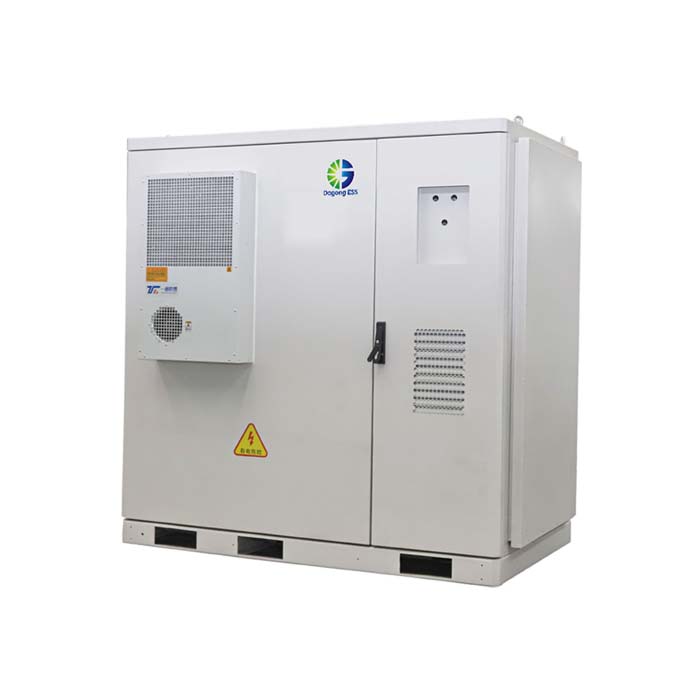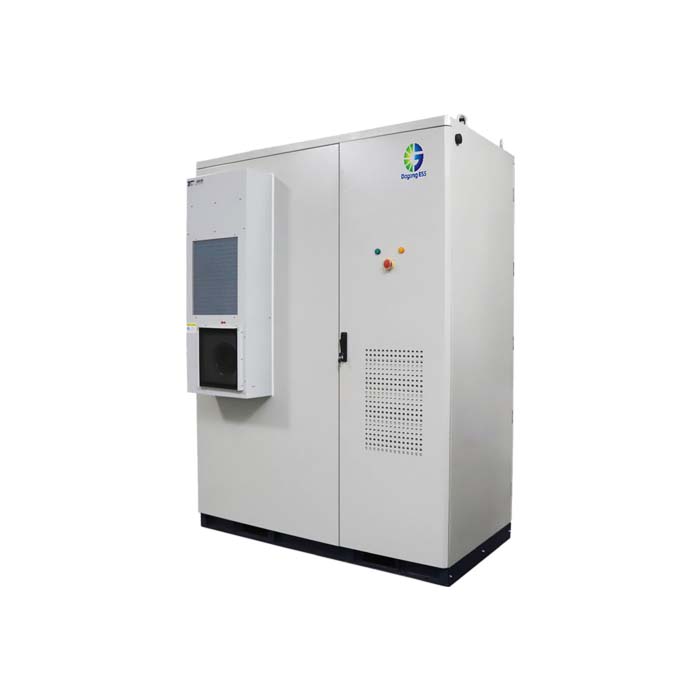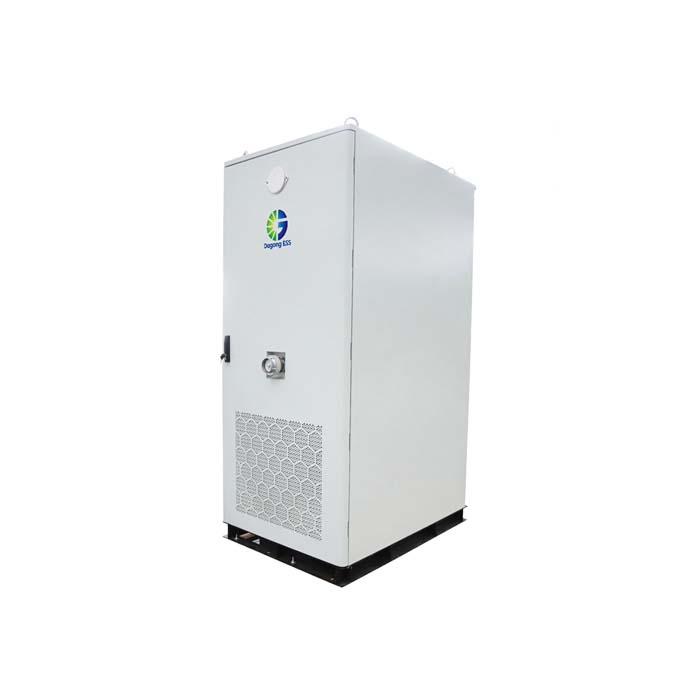MW Level Flash Charging: The Future Trend in Energy Storage
MW level flash charging refers to ultra-fast charging technology capable of delivering megawatt-scale power to electric vehicles (EVs) and energy storage systems (ESS). Unlike conventional fast charging, which often requires hours to fully charge large-capacity batteries, MW flash charging can deliver substantial energy in just a few minutes.
This technology relies on advanced power electronics, high-voltage battery architectures, and robust grid connections to safely handle extreme charging currents. It is considered a key enabler for large EV fleets, heavy-duty electric vehicles, and renewable energy integration, allowing rapid charge-discharge cycles while minimizing downtime.
Currently, MW flash charging is mostly in the demonstration or pilot stage for EVs, with several manufacturers experimenting with the technology. For example, BYD's Super e-Platform supports up to 1 MW charging, enabling up to 400 km of range in roughly five minutes under controlled conditions. Other companies, including Delta and Hitachi Energy, are testing MW-level fast-charging systems for public transportation and fleet operations, often paired with buffer energy storage to reduce grid stress.
Types of MW Level Flash Charging Systems
MW flash charging can be implemented using various approaches:
Direct DC Flash Charging – High-voltage DC delivered directly to batteries. Requires strong cooling systems and precise battery management to ensure safety.
Hybrid Power Conversion Systems (PCS) – Integrates energy storage and power conversion to manage high-power charging while maintaining grid stability.
Containerized or Modular ESS Solutions – Large-scale systems, such as 1–5 MWh liquid-cooled or air-cooled containers, can provide the required power and fast-response capability for MW flash charging stations.
These systems are often modular, scalable, and compatible with renewable energy sources, making them suitable for commercial fast-charging hubs, public transit depots, and industrial EV fleets.
Features of MW Level Flash Charging
MW flash charging systems possess several critical features:
Ultra-Fast Charging – Large battery packs can receive substantial energy within minutes.
Advanced Cooling – Liquid or hybrid cooling ensures safety during high-current operations.
High Cycle Life – Designed for 8,000+ charge-discharge cycles, even under rapid cycling conditions.
Smart Energy Management – EMS software optimizes charging profiles to minimize grid stress and maximize efficiency.
Scalability – From 100 kWh rack systems to multi-MWh containers, these systems can be expanded according to demand.
Applications of MW Level Flash Charging
MW flash charging is particularly relevant for several scenarios:
Electric Vehicle Charging Hubs – Supports heavy-duty EVs, buses, trucks, and fleet operations requiring rapid turnaround.
Industrial Energy Storage – Provides high-power backup and peak shaving for factories and logistics centers.
Renewable Energy Integration – Rapidly absorbs or delivers solar or wind power to stabilize the grid.
Public Transportation – Enables intermediate charging for electric buses at stops, reducing the need for oversized batteries.
While some manufacturers are piloting MW flash charging, fully commercialized MW-level ESS for fast-charging stations is still limited. This provides a strategic window for energy storage providers to develop supporting technologies.
Price of MW Level Flash Charging Systems
The cost of energy storage systems for renewable energy integration and MW flash charging depends on multiple factors, including system capacity, storage duration, battery type, control software, installation conditions, and auxiliary equipment.
Pricing is usually quoted under international trade terms such as EXW, FOB, or CIF, depending on project location and logistics preferences. For a tailored quotation based on your specific project needs, it is recommended to consult directly with the supplier.
How to Select MW Level Flash Charging Systems for Your Project?
When selecting systems to support MW-level flash charging, consider the following:
Capacity – From 100 kWh rack systems to multi-MWh containerized ESS.
Cooling Method – Liquid cooling for high-power continuous operation; air cooling for lower cost or intermittent use.
Grid Compatibility – Ensure PCS and EMS can handle high charging currents without overloading the grid.
Safety and Certification – CE, UN38.3, MSDS, and other relevant standards.
Modularity and Expandability – Allows capacity to scale as charging demand grows.
How Long Does MW Level Flash Charging Equipment Last?
With proper design and operation:
Cycle Life – 8,000+ cycles under normal conditions, equivalent to 15+ years of service.
Battery Safety – LFP chemistry and modular CTP designs enhance durability.
System Longevity – Containerized systems with liquid cooling typically offer longer operational life due to superior thermal management.
The Supplier of MW Level Flash Charging Solutions
Currently, MW-level flash charging solutions are mostly in pilot or early deployment stages, implemented by companies like BYD, Delta, and Hitachi Energy. While Dagong ESS has not yet released a dedicated MW-level flash charging ESS, we are actively monitoring these technological developments.
Dagong ESS's existing products—including 100 kWh–372 kWh air-cooled and liquid-cooled systems, as well as 1–5 MWh containerized ESS—provide high-performance, modular, and scalable energy storage. These systems are capable of supporting high-power charging applications and are well-positioned to integrate with MW-level flash charging infrastructure in the future.
By closely following industry trends and continuing product development, Dagong ESS is committed to aligning its storage solutions with emerging MW-level flash charging needs, ensuring our customers can benefit from both high efficiency and cutting-edge technology as the market evolves.
If you are interested in MW level flash charging energy storage products, please contact Dagong ESS,
Email: sales@dagongess.com
Website: www.dagongess.com


